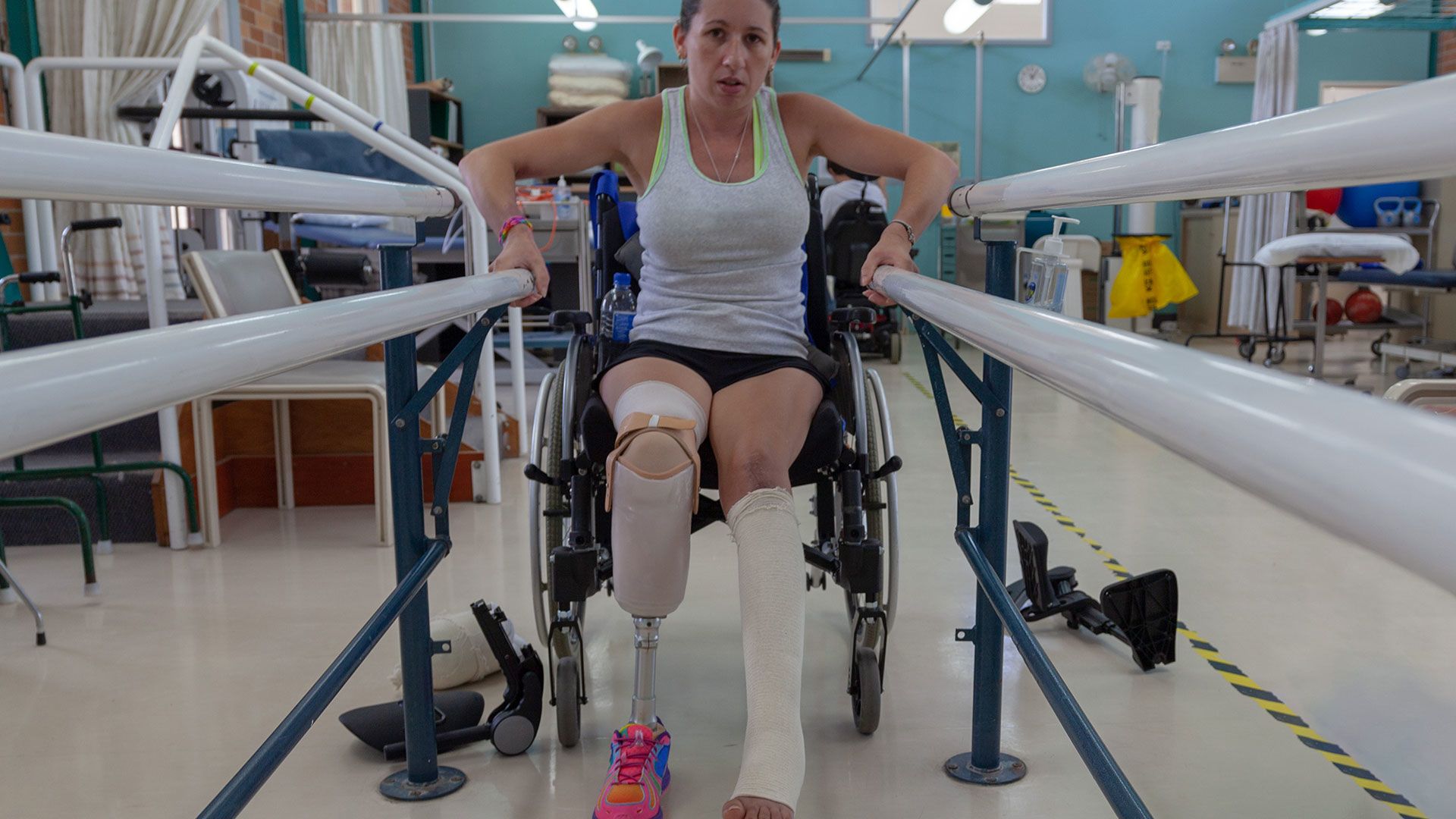Meningitis B (MenB) is a type of meningococcal disease that causes inflammation of the protective membranes (called meninges) that surround the brain and spinal cord. It’s caused by a type of bacteria called Neisseria meningitidis.
Meningitis B is a serious infection and can progress quickly. Here, we look at the timeline of a MenB infection, from exposure through first symptoms, to treatment and recovery.
Exposure
Exposure to the infection happens through direct contact with bacteria. Some people are asymptomatic carriers of the bacteria that cause MenB—live bacteria reside in the back of their throat and/or nose, but they do not develop any symptoms of infection. This makes it easy to unknowingly spread the bacteria to other people, typically through coughing, sneezing, kissing, and sharing drinks or utensils.
After exposure, some people will become additional asymptomatic carriers, while others will develop a serious infection.
Incubation
Incubation refers to the period of time between exposure and the onset of symptoms. MenB has an incubation period that can range between 2 and 10 days (with an average incubation period of 3 to 4 days). During this time, a person can spread the infection to other people.
Symptoms
One of the things that makes MenB so dangerous is the fact that early symptoms are similar to other, much less serious illnesses. At first, a person may experience a sore throat and respiratory symptoms. These symptoms progress into a stiff neck, high fever, and a severe headache. Neck stiffness can make it difficult to lower the chin to the chest and the headache is described as being worse than a normal headache. Other symptoms can include:
- Nausea and/or vomiting
- Sensitivity to light
- Drowsiness and/or confusion
- Rash or bruise-like lesions on the skin
- Seizures
- Coma
Once symptoms appear, adults and adolescents can become seriously ill within a matter of hours, and children in even less time.
Complications
Roughly 20 percent of MenB infections lead to disability, such as hearing loss, brain damage, or loss of limbs. Even with treatment, 10 to 15 percent of MenB infections are fatal. These complications result from something called septicemia, where the infectious bacteria spreads into the bloodstream.
Treatment
If meningitis B is suspected, healthcare providers often begin treatment before getting test results due to the risk of severe complications and death. Treatment involves a high dose of intravenous antibiotics and may include corticosteroids or fluids. Depending on severity, treatment may also include surgery to remove any dead tissue or breathing support if respiratory illness is present.
With prompt diagnosis and treatment, most people show signs of improvement 48 to 72 hours after beginning treatment. Over time, they can fully recover from the meningitis B infection. In more serious cases, recovery can take much longer.
Prevention
The best way to keep your family safe from MenB is to get vaccinated against MenB. The MenB vaccine is typically given to people 10 years of age or older, with 16 to 18 years being the preferred window. The vaccine is also administered to people who have been in direct contact with an infected person. Depending on the specific vaccine being used, a person will need two or three doses to get the full protection. Talk to your healthcare provider about vaccine options and recommendations.
If you have any concerns about the vaccine, about MenB, or you believe you have been exposed to an infected person, talk to your healthcare provider to determine immediate steps.






